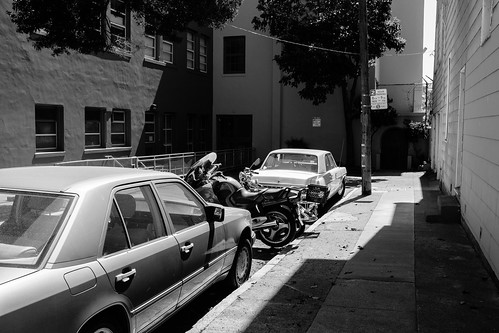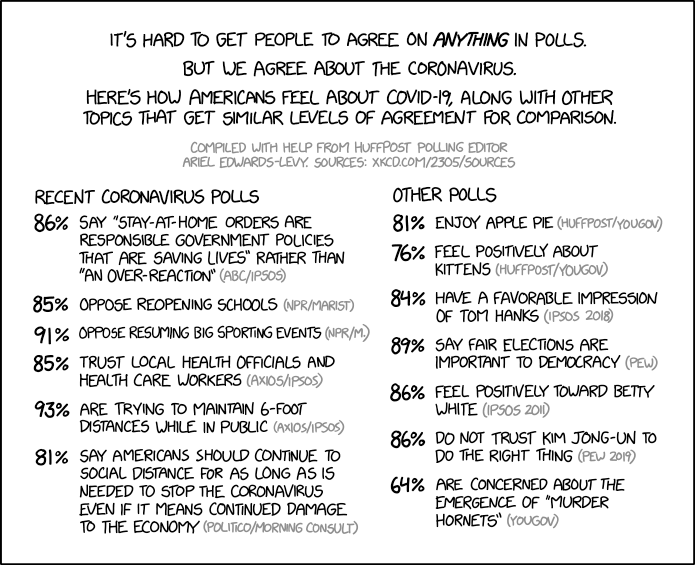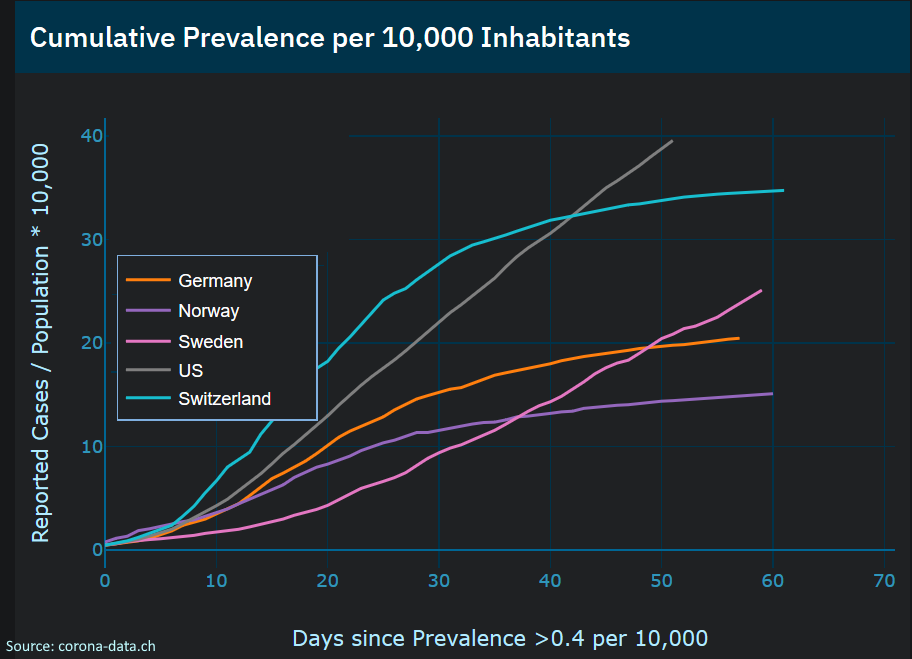What to do when your body forgets how to be well
OK well this is going to be tricky to write because I’m not a doctor and it’s not medical advice, and the more I read around in the displacement activity I often do ahead of a difficult task, the more it becomes plain that striking the balance between speaking anecdotally from, in fairness, somewhat bitter experience, paying due heed to current but still unbelievably partial and fragmentary research, and employing the observational/confessional mode in an attempt to paint myself as a useful cautionary tale suddenly seems so much more complicated than it really needs to be.
Because I really only want to say one thing; if you have had Covid-19 (tested or not), and are getting to a month or two on and still feel like you’ve been hit by a bus, please, for the love of God, rest.
CONVALESCE.
Stop what you are trying to do and listen to your body as it tells you it needs to be quiet now. You will not ‘fight’ your way out of this. It is not a test of your character or your will. You need to stop and listen to the only body you will ever have.
Print out a fact-sheet from the Internet and press it into the hands of your loved ones whose patience with your infirmity is beginning to ebb – perhaps they are beginning to talk about it being ‘just stress’ or how ‘we’re all TIRED’, and withdraw in whatever ways you can to slowly, vitally heal.
If you can remotely afford it, and even if you can’t, really, take the time off work and school, church or party or volunteering of all kinds, withdraw indefinitely from every not-essential-to-life activity and commit an uncapped amount of time to your recovery. Maybe you can’t quite afford to, or maybe you really, really don’t want to ask for whatever financial help and longer timelines you need, but try and take the fatigue, brain-fog, sore throat, ringing in the ears, swollen glands, weird headaches, all-over body-ache and all manner of covid symptoms still lingering long after the blood-work says your body has cleared it, and, I’m sorry this is scary, but it may help try to imagine still feeling like this a year from now, or five years or even twenty, and think about the finances of that.
Now calmly regard that fear and ask what it demands. See how this re-orders your priorities. Now thank your fear and put it away.
Think of post-viral fatigue as climate change for the human body. It’s here but not here; you acknowledge the immediate effects but haven’t really got your head around their implications. You need to invest heavily up-front and in the face of widespread disbelief to avoid medium and long-term catastrophe. Understand the threat is both insidious and in your face. Some symptoms are obvious and acute, but others you’re too mired in to even fully see. As you’re dealing with the thing itself, you’re also enmeshed in a struggle of knowing, trying to figure out what is real. Understand that recognising and dealing with this illness with the urgency and seriousness it demands may give you the best chance of coming out strong and whole. Understand that whether this happens is not entirely in your hands. [click to continue…]



